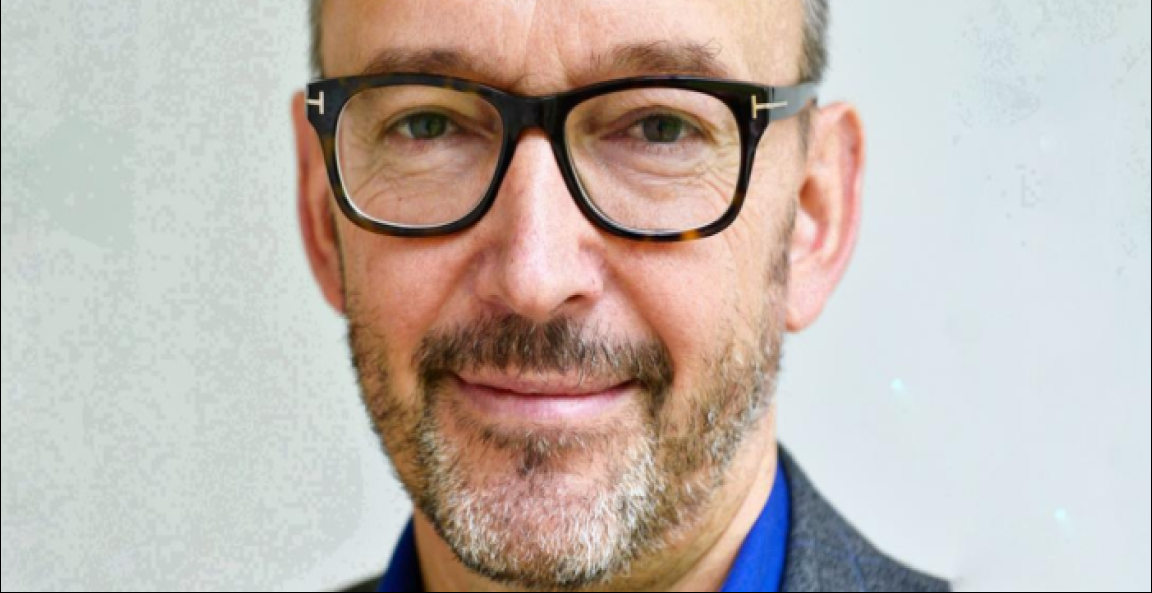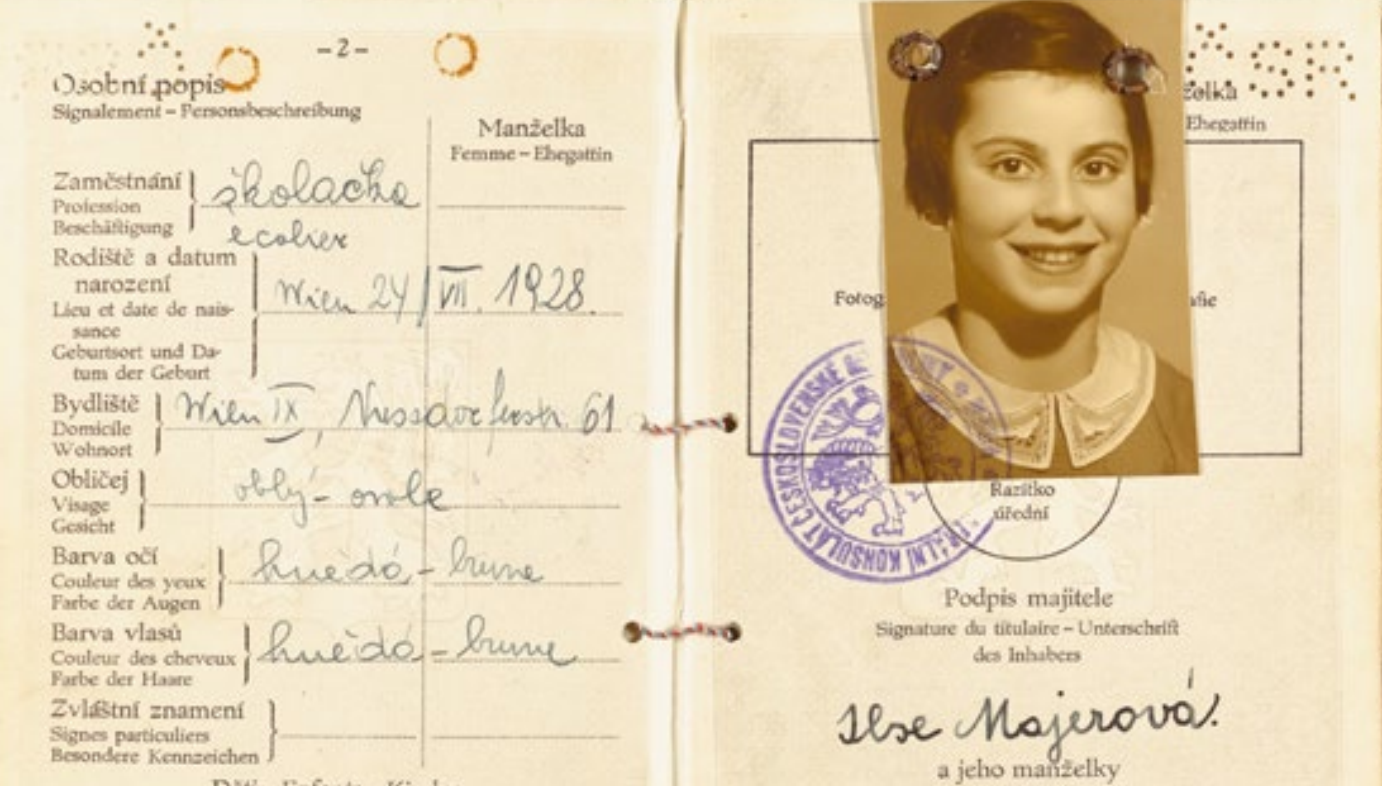
See all countries
- Argentina
- Australia
- Austria
- Belgium
- Bulgaria
- Canada
- Croatia
- Czech Republic
- Denmark
- Estonia
- Finland
- France
- Germany
- Greece
- Hungary
- Ireland
- Israel
- Italy
- Latvia
- Lithuania
- Luxembourg
- Netherlands
- North Macedonia
- Norway
- Poland
- Portugal
- Romania
- Serbia
- Slovakia
- Slovenia
- Spain
- Sweden
- Switzerland
- United Kingdom
- United States of America
Joined the IHRA
1998
International Holocaust Remembrance Day
27 January
Christian Heldt (Federal Foreign Office, Germany) – Head of Delegation
Mareike Geipel (Federal Foreign Office, Germany) – Deputy Head of Delegation
Christoph Heubner (International Auschwitz Committee) – Education Working Group
Derviş Hizarci (Kreuzberg Initiative against Antisemitism) – Education Working Group
Frederik Schetter (Bundeszentrale für politische Bildung) – Education Working Group
Adam Kerpel-Fronius (Stiftung Denkmal für die ermordeten Juden Europas) – Museums and Memorials Working Group
Karola Fings (Universität Heidelberg) – Academic Working Group
Miriam Zadoff (NS Dokumentationszentrum) – Museums and Memorials Working Group
Andrea Löw (Leibniz Institut for Contemporary History) – Academic Working Group
Julana Bredtmann (Topographie des Terrors) – Museums and Memorials Working Group
The German IHRA membership has fostered the cooperation and efforts of the numerous and diverse institutions focused on Holocaust remembrance, research and education throughout Germany. The vast number of memorials that have emerged since the Stockholm Declaration form part of Germany’s remembrance culture and provide an important basis for debates on its Nazi past. The most important outcome of Germany’s IHRA membership is the dialogue with colleagues from other countries, which has led to the realization of a variety of bilateral and multilateral projects.
Read speeches given during the German IHRA Presidency here.







